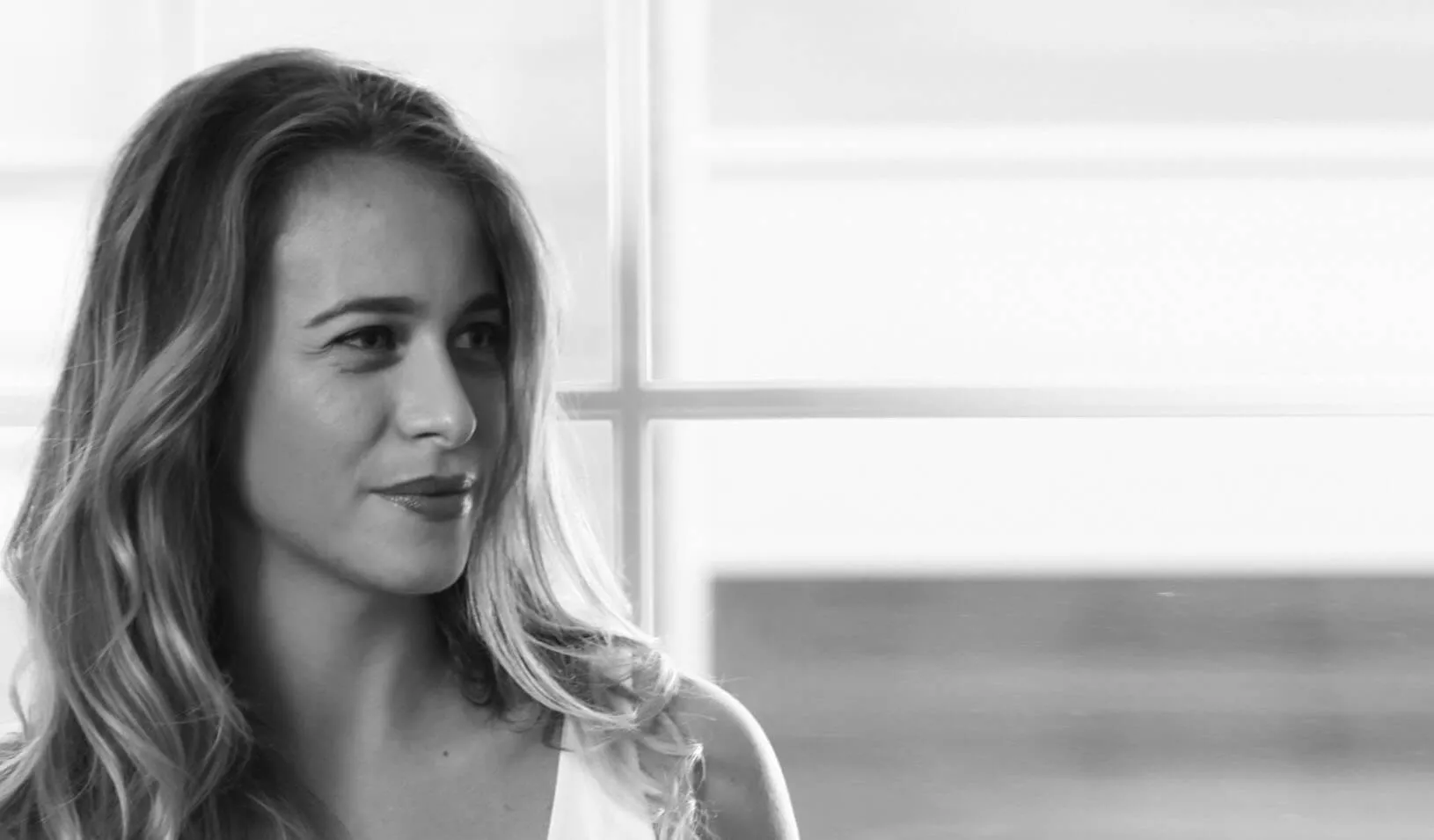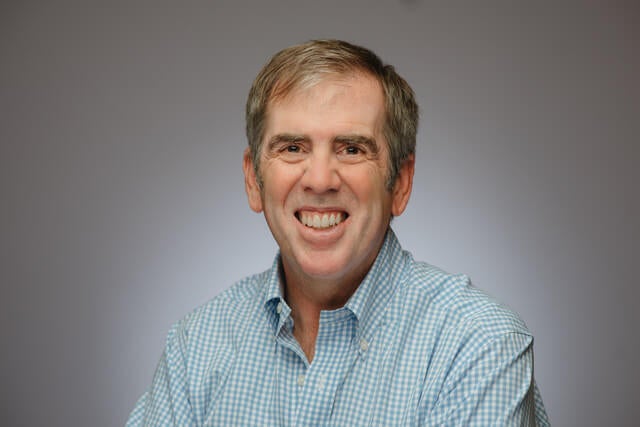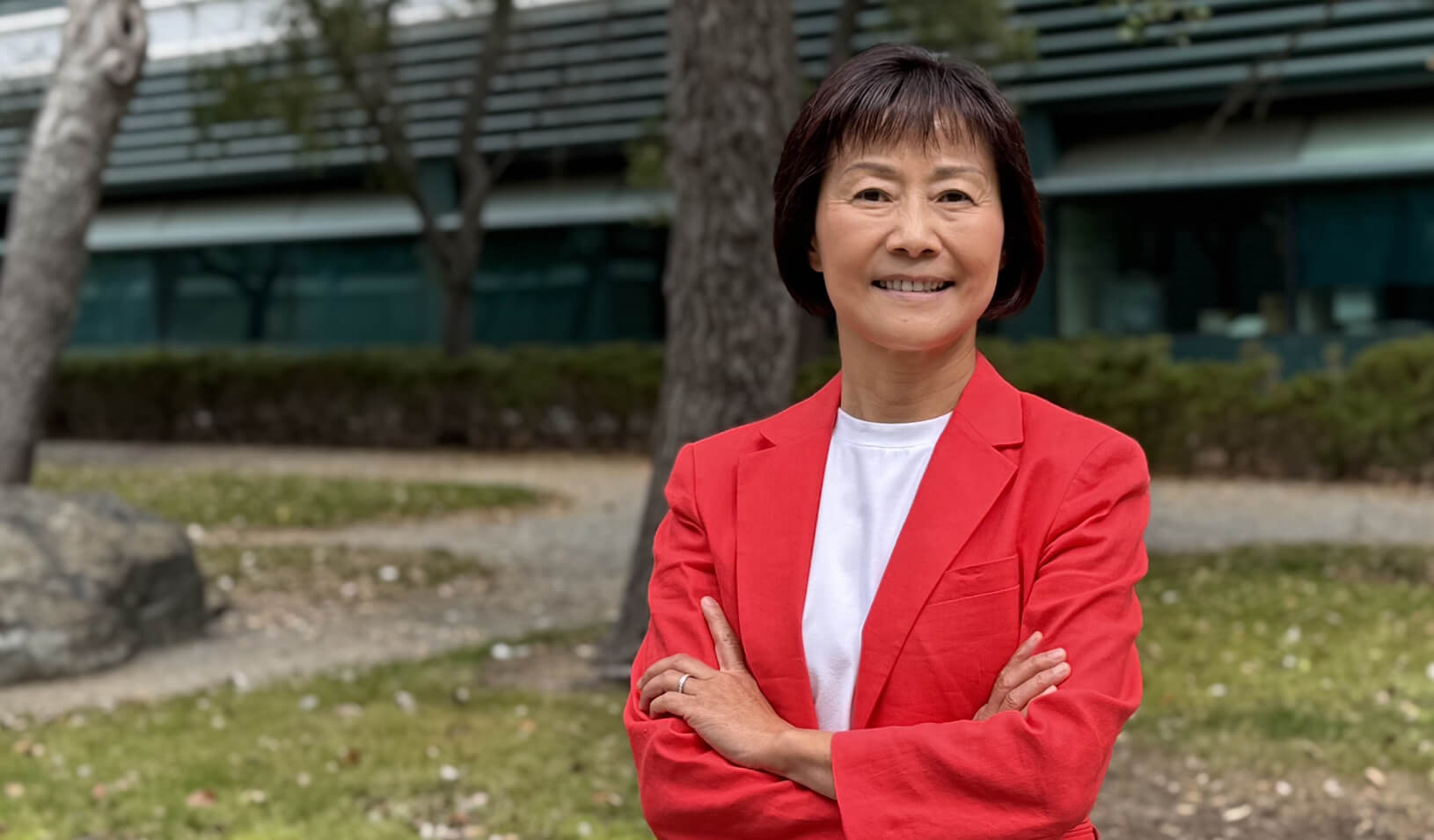Organizational Change Through New Systems and a Holistic Approach
A conversation with Alessia Pappalardo about her career and experience in Leading Change and Organizational Renewal
January 30, 2023

Determined to bring her family’s 40-year-old pharmaceutical import business, Bioforce España, into the future, recently named CEO Alessia Pappalardo attended Stanford’s Leading Change and Organizational Renewal program to validate reforms she’d put in place and to learn new methodologies to support innovation and change going forward.
You were brought on as a change agent for your family’s company in 2018. What made you seek out LCOR now?
When I started, there were so many things to do. I understood that the company needed a big change or it wouldn’t survive into the next decade. This was my first time as a business manager and I had no time to waste…. So I applied lessons from both my experience working in different fields as well as executive coaching to manage the business. Intense change management started in 2019, and after two hard years during the pandemic, I became interested in validating my actions to see if I was doing my job right. And I wanted to obtain the right tools to make the right decisions for the future as well as become more aware of the latest updates in effective management.
The LCOR program teaches the application of systematic models to address strategic challenges. Have you found that useful?
For me, systematization is very important at this point. After staying in the market for 40 years, it’s time for us to see where we can grow; for example, by understanding where our customers are and what their needs are. In our case, we have to address a completely different generation of consumers. At Stanford, we discussed models that are flexible enough to be adapted for any scenario and any given situation in business. In my organization, we have a clear gap in performance and a clear gap in opportunities. With the right approach and the right methodology, we can have excellent results. I’m quite happy because what I learned at LCOR can be directly applied in our company.
Driving change within companies can be delicate work, especially for family-owned businesses. How did the holistic approach to change that LCOR encourages resonate with you?
Anyone who works in a family business will understand it is a delicate profession. No matter what your specialty is, it is a demanding and a very personal journey within business management. Making a family business evolve means having your team on board for this journey, together. Implementing a more modern way of working, one that is more diverse, has more interaction, and more accountability is essential for the resilience of any family business. I was positively surprised while attending LCOR when I realized that the approach wasn’t focused on being aggressive, or making drastic decisions. Instead, it was focused on having the right conversations at the right time with the right intention, cherishing culture more than strategy, and applying behavioral patterns as a methodology. I am grateful for the intention LCOR has created during our sessions. It reassured me on the direction I had decided to sail in since I assumed my new position and responsibility with my teams.
Can you speak about the approach to management that the LCOR program’s executive coaches brought?
I thought it was excellent the way the program combined faculty and executive coaching – which includes a psychology and psychotherapy perspective – together. About 90% of what leaders in my position do is manage people. Without the right psychological safety approach, there is no way any CEO is going to carry out a great job. You need to care for people, create a sustainable culture, and an adequate scenario for everybody to feel integrated and perform at their best in your organization.
What was the learning atmosphere with your peers like?
I had pictured that the program would be extremely theoretical but it turned out to be more of a cathartic experience: Stanford created a sense of community and a feeling that we are in this together as students. We are each dealing with the same problems, in different spaces and different scenarios, whether in India or in Barcelona or in Silicon Valley. We all have the same stresses throughout the day. There is a common understanding of the bottom line issues of what we all do.


